Dekmantel is in a league of its own. Having long been a mecca for dance music lovers, it is heralded as one of the best festivals of its genre in the world. 40 minutes out of Amsterdam, the festival itself sits modestly in a tree-encircled area, and a half hour walk through a fairy-lit forest following the river takes you to the campsite. A large proportion of the crowd come in for the day from the city, and those who do camp do so in a fully kitted out, clean campsite with the option of cabins with beds (for a slightly higher price).
The simplicity and practicality of Dekmantel is a reflection of its overall attitude. There are none of the frills, or decorative extras that have come to characterise a lot of other festivals; it really is just about the music. This is not to belittle the aesthetic of the festival; the design of the stages is central to the weekend’s appeal and success. Repeat attendees become fiercely attached to particular stages, and this is down to their distinct and unique personalities. The style of each DJ’s set is tailored to the stage that they are on, which is testament to their thoughtful and special creation, and a reason why so many of the acts played more than once over the weekend, with varying sets over different stages.
Selectors is centred upon a willow tree which drapes down into the dancefloor, and which braver members of the crowd clamber up. On the main stage the DJ is elevated, and silhouetted against a wall of records behind them. Sets at selectors are more about individual tracks than the overall set, and take on a feeling of the DJs sharing their influences and personal favourites which makes for delightfully surprising listening, a highlight, for me, being Marcel Dettman’s afternoon session there on Saturday. The UFO stage is deliberately disorientating, a huge tent, totally dark inside except for streams of sunlight creeping in between the cracks. This is where the likes of Matrixxman and Donato Dozzy found their stride, playing thundering techno from open to close.
The Greenhouse, a huge metal structure filled with plants, was a glorious, tropical suntrap and played host to the likes of Byron the Aquarius, Jeff Mills and one of Helena Hauff’s sets (the other being at Boiler Room). Red Light Radio, the stage in the centre of the food and drink arena, at many festivals relegated to the status of background music whilst people eat and buy cigarettes, boasted as stellar a lineup as the rest, crowned by a stunning dusk set by Legowelt. The Boiler Room stage, a cult location for many, is understated and unpredictable, hosting a stellar lineup including a surprise appearance form Nina Kraviz (her second set of the weekend), and my favourite set of the weekend- Blawan on Sunday. All the stages felt incredibly intimate, even though all have pretty big capacities- the main stage, by far the grandest, still felt friendly and unimposing. The narrow, semi-circular screen behind the elevated stage, whilst bursting with colourful and hypnotizing visuals throughout the weekend, did not overshadow the artists behind the decks.
Dekmantel does not mess about with its lineup, the ending time of the festival being 11, there is no time wasted with filler or warm-up DJs. Nina Kraviz opened the festival at 1pm on Saturday and Motor City Drum Ensemble at the same time on Sunday. The result of this, or perhaps the reason, is that everyone there is truly passionate and knowledgeable about the music, and there isn’t really anything there for people who aren’t. This both raises Dekmantel’s game, driving it to present an infallible line-up, and contributes to the down-to-earth, unpretentious nature of the people there. Dekmantel, overall, feels like a more mature, wiser version of every other similar festival I have been to- it doesn’t hide behind gimmicks or scale, it simply delivers fantastic music in a beautiful setting.
Words by Dora T






